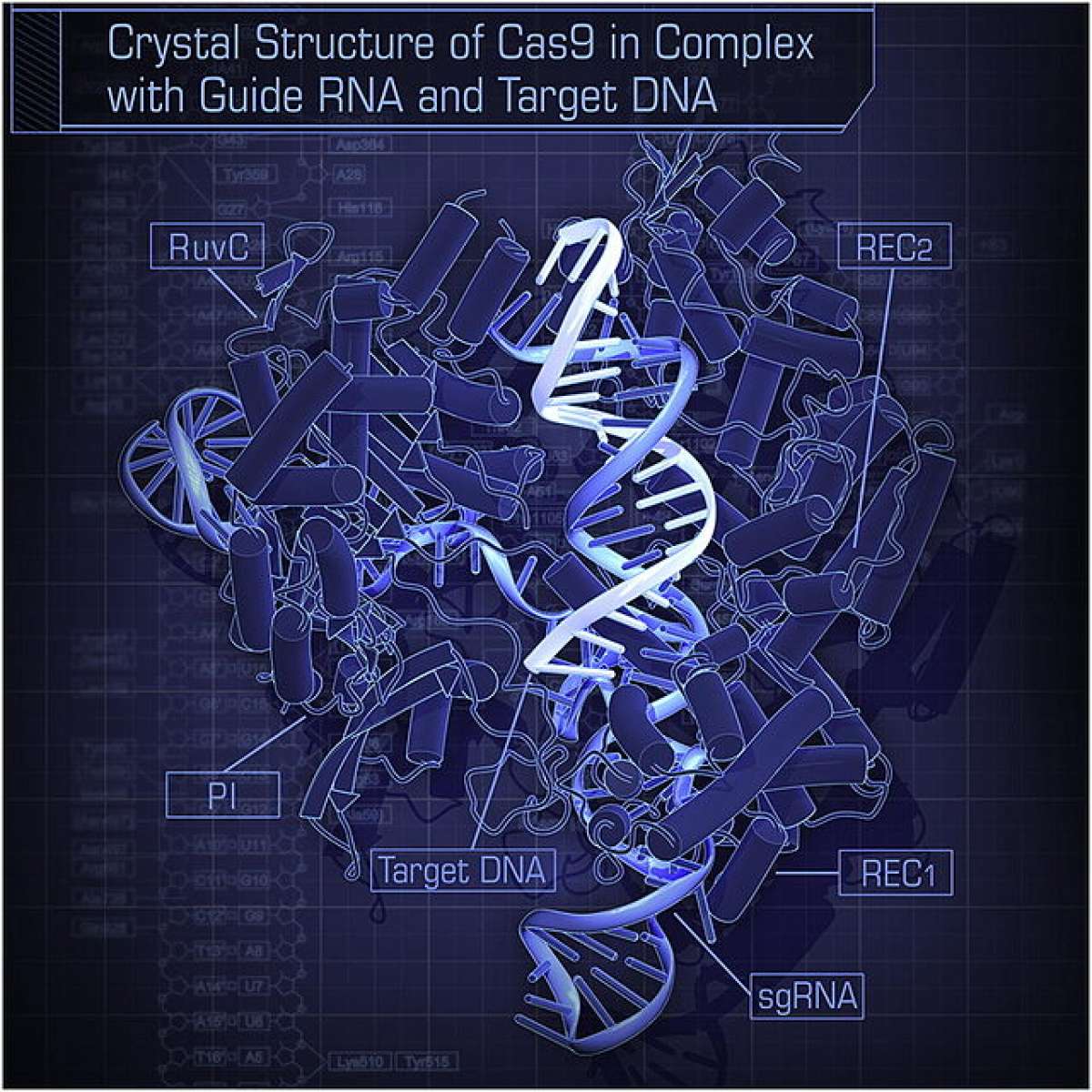

Genome editing company Editas Medicine plans to use CRISPR to treat an inherited eye disease, the company’s president announced this week at the EmTech conference in Cambridge, Massachusetts, as MIT Tech Review reports. In a bid to be the first of at least a dozen companies to use CRISPR in a clinical setting, the company intends to test its treatment on patients before 2017.
This won’t be the first time CRISPR will be used on human cells—in the past year, one team of scientists used the enzyme complex to edit (non-viable) human embryos, and another tweaked human T cells to better fight disease. But this could be the first time CRISPR is used directly on a living person’s genome to directly treat her disease.
Editas plans to use CRISPR to treat Leber congenital amaurosis (LCA), an inherited eye condition that causes irregular development of the retina, leading to severe vision problems starting in infancy. Though this particular form of LCA is rare, affecting about 600 people in the United States, it’s a good place to start developing treatments using CRISPR—scientists know that mutations on at least 14 genes can cause the condition, and others are already testing gene therapy treatments that use other types of genetic editing methods. The Editas treatment, which has been tested in the lab, would also be gene therapy—the treatment would contain viruses that can assemble CRISPR inside the body that could then modify the mutated genes, as MIT Tech Review notes. Theoretically, the altered genes would then function normally.
It’s not surprising that Editas is one of the first CRISPR-focused biotech companies to start testing its therapies—in August, the company received an influx of $120 million in funding, at which point it announced its intention to work towards treating LCA. If the tests go well, Editas’ treatment might become one of the best for LCA, and could provide a model for CRISPR-based treatments for other conditions as well.